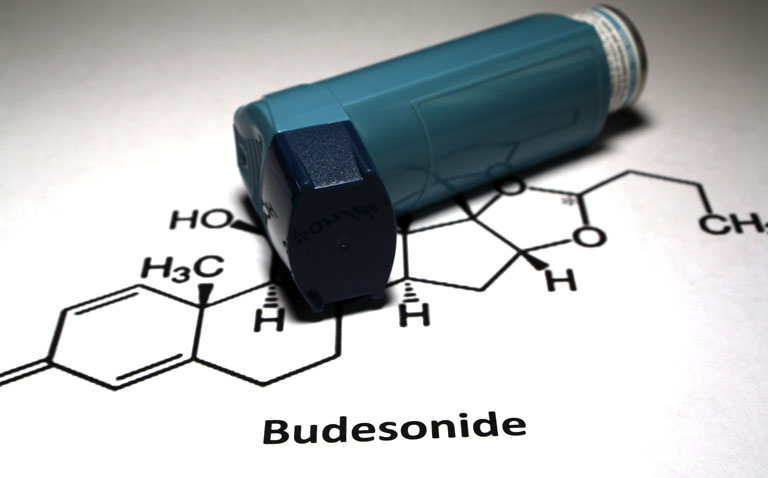Patients with asthma have been under-represented in those hospitalised with COVID-19 prompting researchers to wonder if this was this due to a protective effect from inhaled steroids.
While a good deal of research has focused on treating patients hospitalised with COVID-19, far less attention has been paid to therapeutic interventions among those with milder disease. Apart from increasing age, obesity and, to some extent, gender, there are few prognostic factors of which patients will ultimately need to be hospitalised. It has been suggested that inhaled corticosteroids (ICSs) may offer a protective effect against the virus, by moderating the hyper-inflammatory response observed among hospitalised patients. However, no trials have specifically examined the therapeutic benefit of ICSs and this served as a rational for the steroids in COVID-19 (STOIC) trial by a team from the Nuffield Department of Clinical Medicine, Oxford University, UK. The trial was a randomised, open-label, parallel-group, Phase II trial designed to evaluate the efficacy of a widely used ICS, budesonide in patients with early COVID-19 in the community. It included adults (18 years and over) experiencing symptoms of COVID-19 (cough and fever or anosmia or both) within 7 days of onset. Participants who had recently used either inhaled or systemic corticosteroids were excluded and patients were randomised (1:1) to either usual care or budesonide, given at a dose of 800 micrograms (2 puffs) twice daily whereas usual care was simply defined as supportive therapy. All of the participants were seen at home on days 0, 7 and 14 to provide inhalers and collect samples for PCR testing. The primary outcome was defined as COVID-19-related urgent visits e.g., emergency visits or hospitalisation whereas secondary outcomes included self-reported time to clinical recovery and an assessment of COVID-19 viral load.
Findings
A total of 146 participants were included, well matched and randomised to either budesonide or usual care. The mean age of those assigned to budesonide was 44 years (56% female) with 93% of white ethnicity. The primary outcome occurred in 11 (15%) of patients in the usual care group compared to 2 (3%) in the budesonide group (p = 0.009) and self-reported clinical recovery was 1 day earlier for the budesonide group (7 vs 8 days). At day 14, self-reported symptoms were present in 10% of those assigned to budesonide vs 30% for usual care.
The authors calculated that the number needed to treat with inhaled budesonide to reduce COVID-19 deterioration was 8 and concluded that budesonide appears to be an effective treatment for early COVID-19, reducing the time to recovery but also noted how their findings required urgent validation.
Citation
Ramakrishnan S et al. Inhaled budesonide in the treatment of early COVID-19 (STOIC): a phase 2, open-label, randomised controlled trial. Lancet Respir Med 2021










